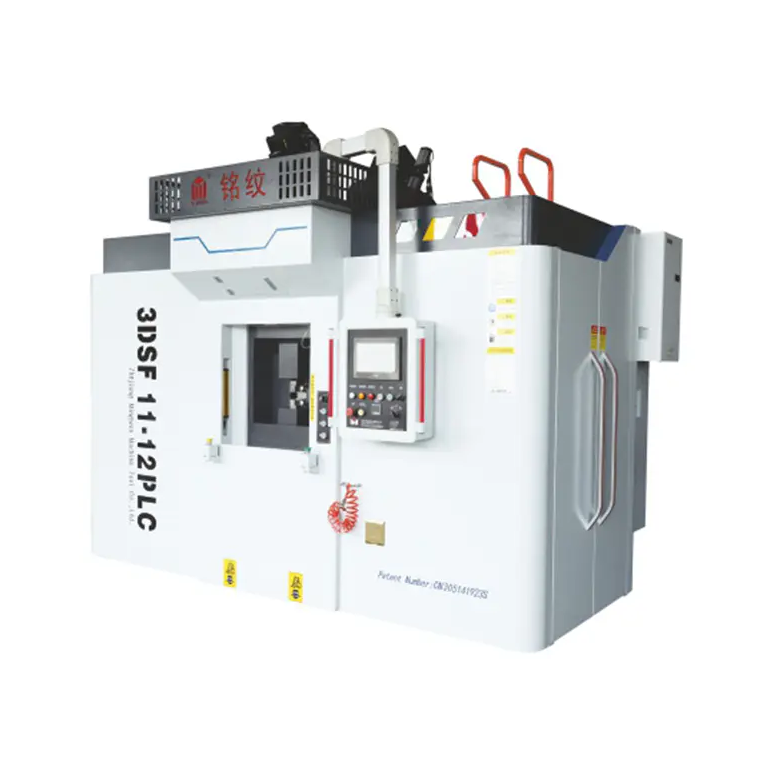Servo technology is steadily transforming rotary transfer machines into modular and adaptive manufacturing tools. As production demands shift toward higher precision and rapid customization, servo-controlled systems offer the versatility required to meet those needs. Unlike fixed mechanical systems, these machines are capable of modifying operation sequences and speeds with minimal physical intervention.
Each station in a Rotary Transfer Machine Servo can be optimized for a specific operation, and when servo systems are applied, these stations gain independent control capabilities. This allows for more accurate coordination and phase matching between tools. For example, simultaneous operations such as boring and thread forming can be finely synchronized to reduce total cycle time without sacrificing part quality.
Servo motors also enable dynamic indexing of the rotary table. The ability to control acceleration profiles and stop positions with high accuracy leads to smoother transitions and reduced vibration. This is critical in maintaining machining consistency over extended production runs. Additionally, servo control ensures repeatable positioning, which is essential when producing parts with narrow tolerance bands.
The flexibility of servo-driven systems extends beyond machining precision. These machines can quickly adapt to new product designs through reprogramming rather than mechanical reconfiguration. For manufacturers handling diverse product lines, this adaptability reduces setup delays and simplifies integration into just-in-time production strategies.
From a maintenance perspective, servo motors introduce advantages by offering predictive monitoring. System alerts based on load variation or positional drift help in planning servicing before critical failures occur. This proactive approach supports longer machine uptime and more consistent operation.
Moreover, energy usage can be better managed with servo integration. Because the motors operate only as needed and can scale their torque and speed based on demand, they contribute to energy-saving practices in the workshop. Combined with their lower inertia and precise control, servo-equipped rotary machines contribute to sustainable and efficient manufacturing practices.
Servo-controlled rotary transfer machines represent a shift toward smarter machining frameworks. With their modular control, adaptive software, and precise motion handling, these machines align well with the evolving expectations of modern production systems. They offer a balance of throughput, quality, and reconfigurability that supports efficient and consistent part manufacturing.
